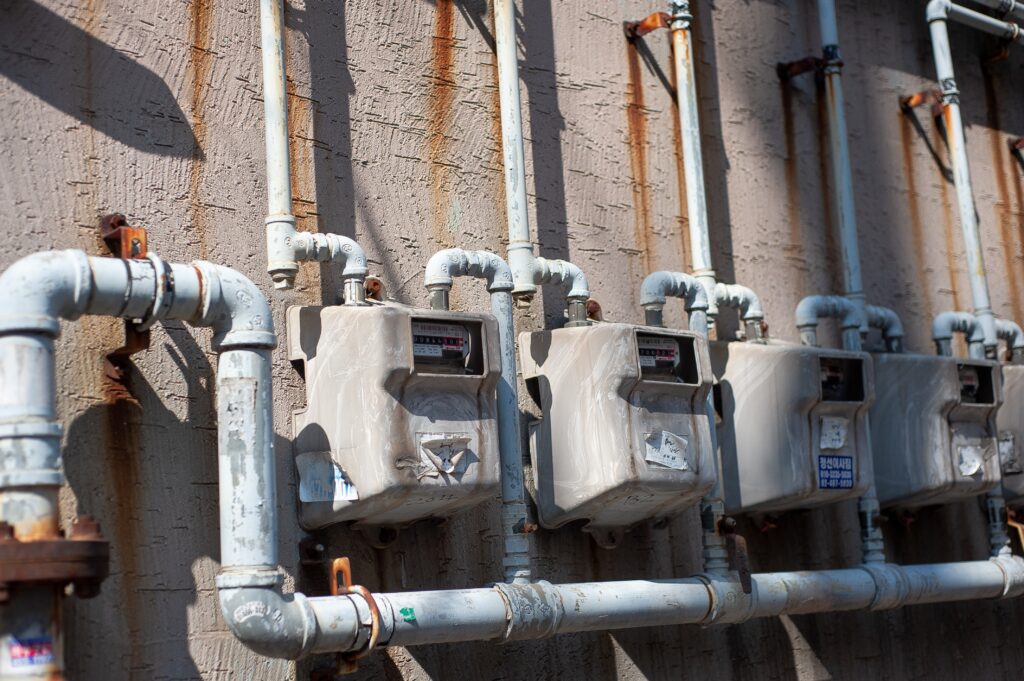
Heat and plumbing systems plays a pivotal role in creating a comfortable and functional living space. From keeping your home warm during cold months to ensuring a steady supply of hot water, the integration of heating and plumbing systems is essential for modern living. In this article, we’ll delve into the crucial relationship between heating and plumbing, how they work together, and the importance of proper maintenance.
Heat and plumbing systems offers several advantages that contribute to the comfort, efficiency, and functionality of your home. Here are some key advantages:
Comfortable Living Environment: The synergy between heating and plumbing systems ensures a consistent and comfortable indoor temperature. You can enjoy a warm home during cold weather and have access to hot water for various purposes, such as bathing and cleaning.
Energy Efficiency: Properly integrated systems are designed to work together efficiently. For example, heating systems that use hot water can distribute warmth throughout the house while also providing hot water for daily needs. This integrated approach minimizes energy wastage.
Space Optimization: Combining heating and plumbing infrastructure can lead to space-saving benefits. For instance, radiant heating systems embedded within floors eliminate the need for bulky radiators or baseboard heaters, freeing up valuable wall and floor space.
Reduced Utility Costs: When heating and plumbing systems are optimized to work together, energy consumption is often reduced. Efficient heating systems and well-designed plumbing layouts can lead to lower utility bills.
Convenience: Having heating and plumbing systems integrated means that you don’t have to think about heating water separately. You can rely on a single, well-coordinated system to provide both warmth and hot water.
Modern Technology Integration: Integrating heating and plumbing systems allows for the incorporation of modern technologies, such as smart thermostats and energy-efficient water heaters. These technologies enhance control, comfort, and energy savings.
Enhanced Property Value: Homes with well-integrated and efficient heating and plumbing systems are more attractive to potential buyers. A streamlined system can positively impact a property’s resale value and marketability.
Environmental Responsibility: Optimized heating and plumbing systems can contribute to reducing your home’s carbon footprint. Energy-efficient systems consume less energy and have a lower environmental impact.
Reduced Maintenance Complexity: Integrated systems often share components and infrastructure. This can result in simplified maintenance procedures, as you’re dealing with a cohesive system rather than managing separate components.
Minimized Risk of Water Damage: Properly integrated plumbing systems ensure effective drainage and prevent leaks, reducing the risk of water damage to your home’s structure and belongings.
Customization Possibilities: Integrated systems offer flexibility for customizing your home. You can choose from a variety of heating methods (radiant heating, forced air, etc.) and plumbing fixtures to suit your preferences and lifestyle.
Efficient Renovations: When renovating or expanding your home, integrated heating and plumbing systems allow for more seamless modifications. You can adapt existing infrastructure to accommodate changes without major disruptions.